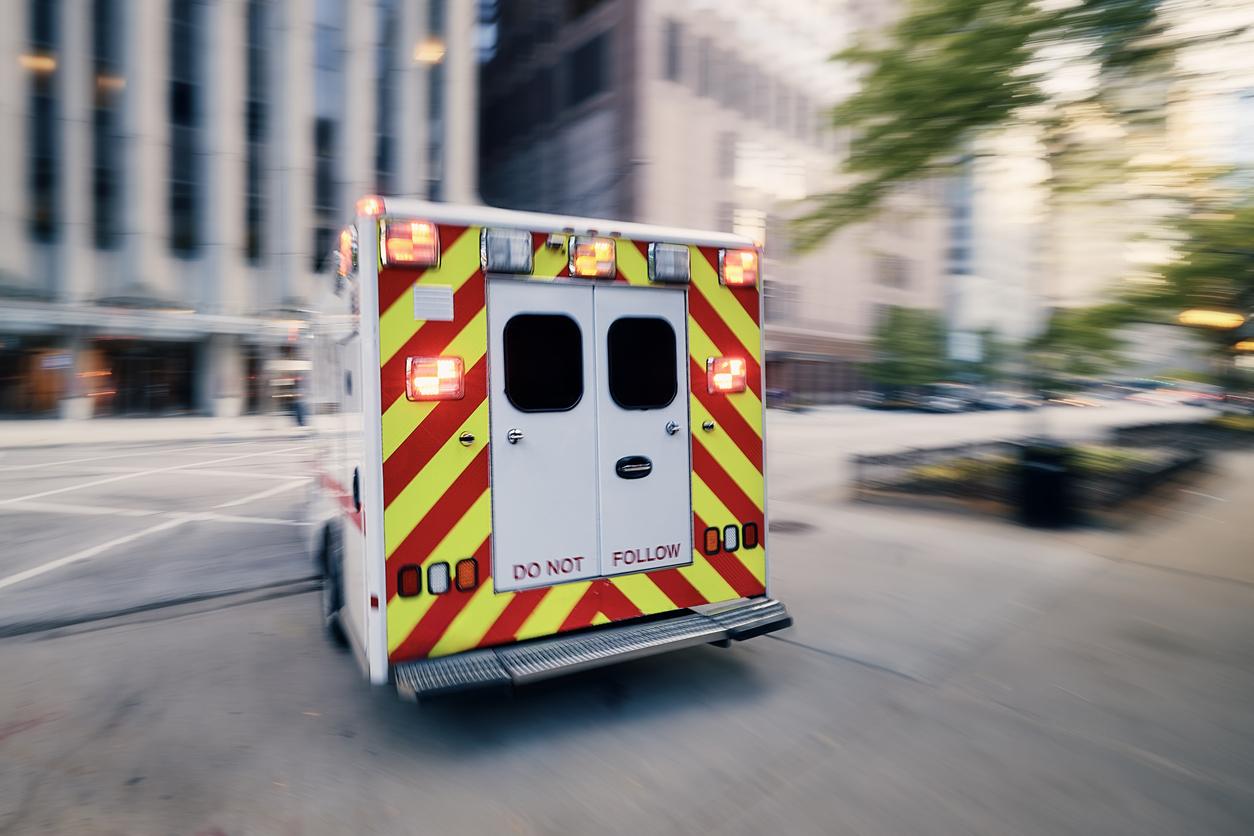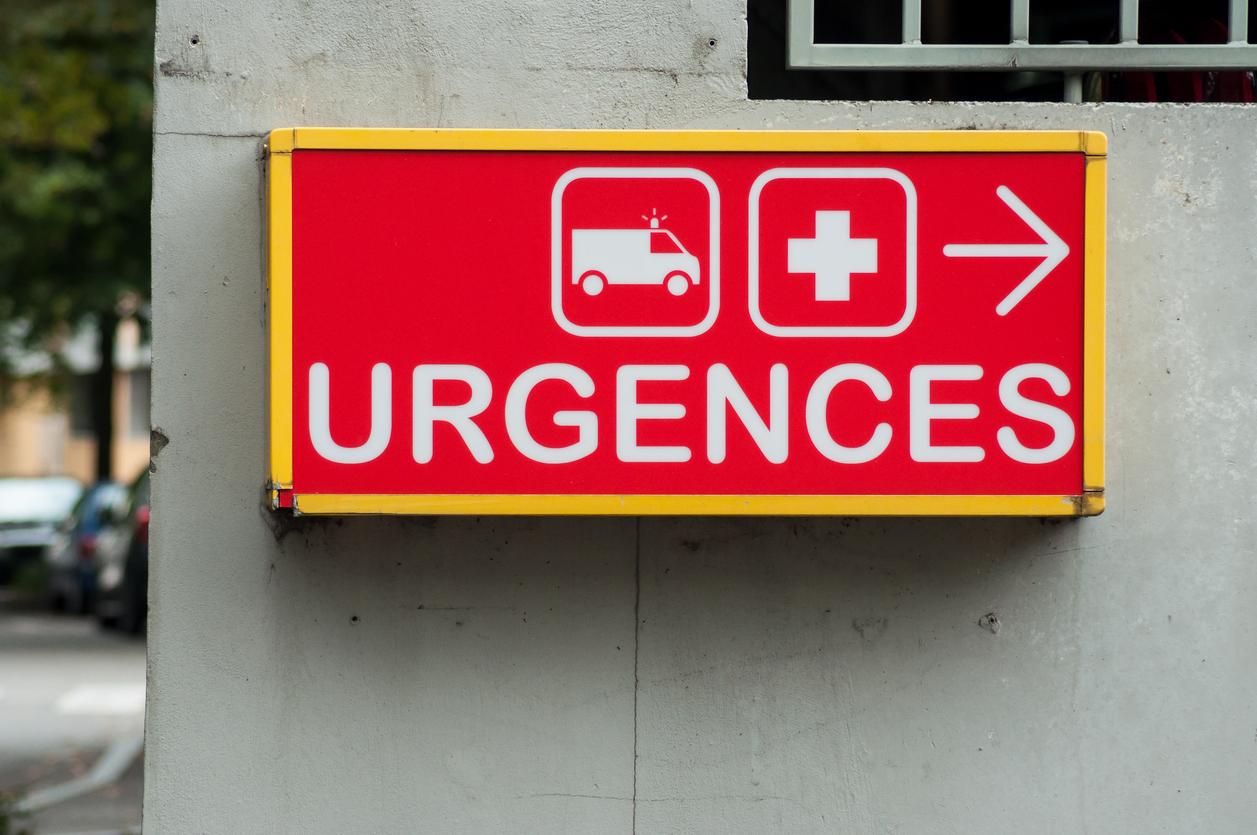After two years of the epidemic, emergency workers are exhausted. Many of them already have one or even two symptoms of burnout.

- Health professionals are a population historically more at risk of burnout.
- Nearly 20% of private and public emergency services are currently in crisis.
62% of emergency physicians have at least one symptom of burnout syndrome and 31% have at least two symptoms, according to a French study which has just been published in the journal European Journal of Emergency Medicine.
41.4% of emergency physicians have access to psychological support
“The level of burnout found means healthcare workers deserve clinical assessment and professional support. Worryingly, less than half of survey respondents (41.4%) said they have access to psychological support , face-to-face or remotely”, says Abdo Khoury, one of the authors of the work who works in the emergency medicine and intensive care department of the Besançon University Hospital. However, if left untreated, burnout can have significant repercussions on the health of people who suffer from it.
Burnout: psychological and physical consequences
According to High Authority of Health (HAS), burnout is a “physical, emotional and mental exhaustion that results from prolonged investment in emotionally demanding work situations”. He may have different clinical manifestations such as anxiety, diffuse muscle tension, irritability, withdrawal, social isolation, aggressive behavior, low motivation and morale or doubts about his skills. As for physical symptoms, it can be fatigue, sleep and musculoskeletal disorders, cramps, headaches, dizziness, anorexia or even gastrointestinal disorders.
little change
To arrive at their findings, the researchers surveyed emergency medicine professionals from more than 89 countries. Among the problems reported by emergency physicians are workload, stress, lack of staff, hospital overcrowding and lack of recognition. These issues have been raised for years with the various public authorities without a conclusive response. Faced with this lack of development, the researchers note that many emergency physicians affected by burnout are thinking of changing jobs, especially young people.
“Devastating long-term consequences for the individual”
“Burnout in healthcare professionals can lead to alcohol and drug abuse and even suicide. Post-traumatic stress disorder (PTSD) is another common manifestation of professional burnout, with devastating long-term consequences for the individual. Urgent measures are still needed to reduce burnout and retain health workers,” said Abdo Khoury.

















